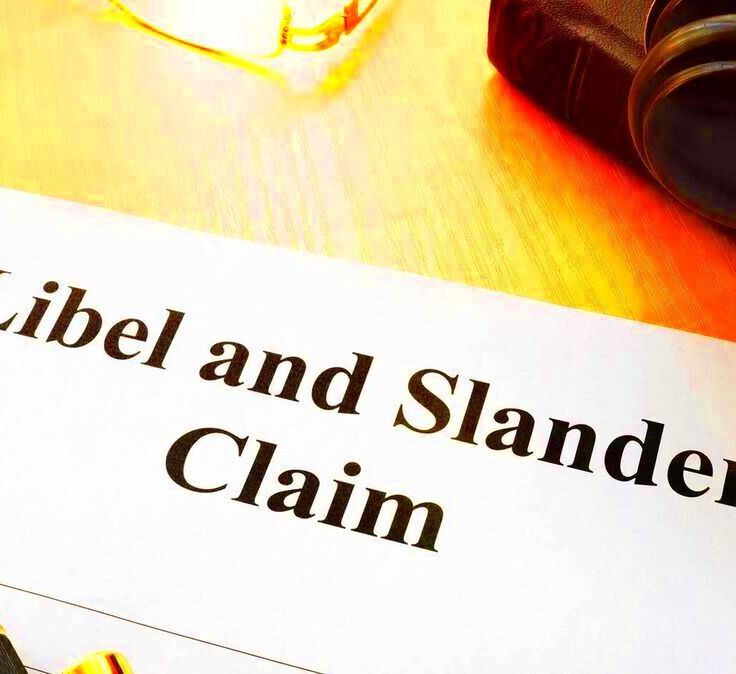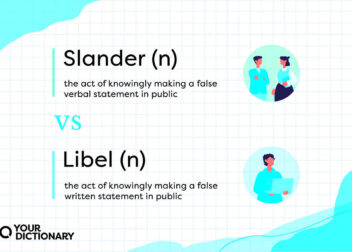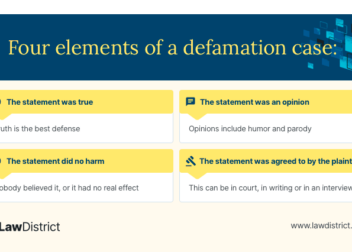Protection from Slander and Libel in California
During the course of our normal conversations, we sometimes run into terms such as slander and defamation by the voice or in writing. The two often tend to be mistakenly thought of as one and the same thing whereas they are quite distinct forms of denigration. Hence, it is important that people understand these concepts particularly when their honour is being questioned.
In California law, slander refers to statements that are verbal in nature and may have negative implications on an individual’s reputation, while libel is a matter of written or published statements. It is important to understand these distinctions to know whether or not there has been an infringement on your rights.
Legal Definitions and Differences between Slander and Libel
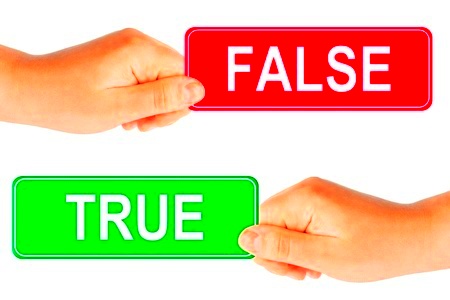
Let’s dissect this:
- Slander: This is when someone makes false spoken statements about another person that can harm their reputation. For instance, if someone publicly accuses you of a crime you didn’t commit, that’s slander.
- Libel: Unlike slander, libel involves false statements made in a permanent form, such as written articles, social media posts, or books. An example of libel could be a false news article alleging unethical behavior on your part.
To make up a character defamation, in either of the two instances, the comments must be false. A summary comparison between the two is provided briefly in this table:
| Aspect | Slander | Libel |
|---|---|---|
| Medium | Spoken | Written |
| Duration | Temporary | Permanent |
| Examples | Spoken accusations | Newspaper articles |
Grounds for a Slander or Libel Claim
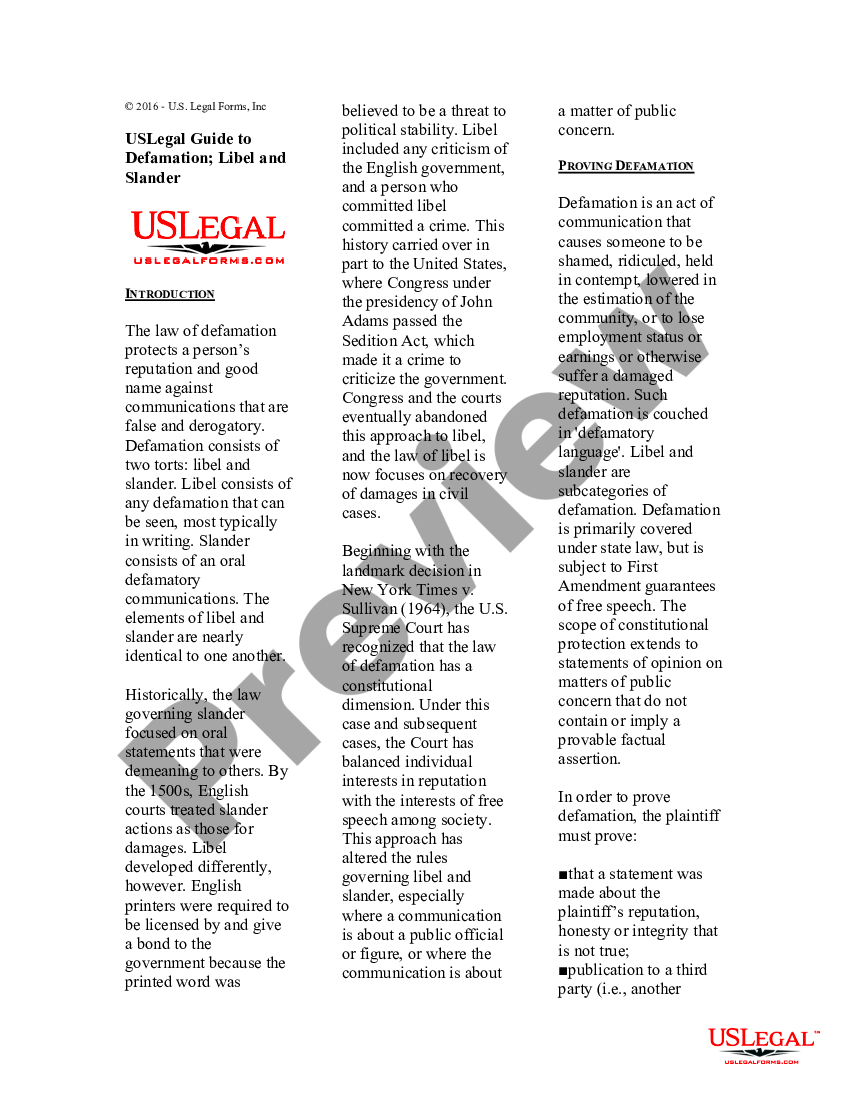
There are certain requirements that you need to satisfy in order to succeed in your claim for slander or libel. These are the essential factors hereinafter discussed.
- False Statement: The statement in question must be false. Truth is a strong defense against defamation claims.
- Publication: The statement must have been communicated to someone other than the person it’s about. If you’re slandered but no one hears it, it might not qualify.
- Harm: You must demonstrate that the statement caused actual harm to your reputation, career, or personal life.
- Fault: Depending on your status as a public figure or private individual, you may need to prove different levels of fault. Public figures often must show that the statement was made with “actual malice.”
Being knowledgeable on this grounds enables you to execute some measures if defamation has ever found you as its victim. Consulting a lawyer well versed in defamation cases is advisable if you think there is any chance you might like to raise a claim for your cause.
Proving Slander and Libel in California
Difficulties may arise in the proving of slander as well as libel, but with keen insights into how it all works, one can easily develop a serious case. To support your claim in California you must provide particular information; thus it is important that you know what to collect.
In order to prove, you will require these essential constituents:
- False Statement: The first step is demonstrating that the statement made about you was false. If the statement is true, it cannot be considered defamation.
- Identification: You must prove that the statement was about you. This means it should be clear to a reasonable person that the statement refers to you.
- Publication: You must show that the statement was communicated to a third party. This could be in person, online, or through any other medium.
- Harm: It’s essential to prove that the false statement caused you harm. This could be damage to your reputation, emotional distress, or loss of income.
- Fault: If you are a public figure, you’ll need to prove that the statement was made with actual malice—meaning the person who made the statement knew it was false or acted with reckless disregard for the truth.
Securing powerful proof, for example, anecdotal accounts or paperwork might considerably improve your argument. To efficiently maneuver through these obstacles consult a lawyer.
Defenses against Slander and Libel Claims
It is equally critical to know how to prove slander and libel claims as it is to know the defenses available against them. If you’re accused of defamation, there are a number of common defenses that may apply:
- Truth: This is the most robust defense. If you can prove that the statement made is true, then it cannot be considered defamatory.
- Opinion: Statements of opinion are generally protected. If what you said is a subjective opinion rather than a factual claim, it may not qualify as defamation.
- Privilege: Certain statements made in specific contexts (like court proceedings or legislative debates) are protected under the doctrine of privilege, meaning they can’t be sued for defamation.
- Consent: If the person you made the statement about consented to the publication of the statement, this may serve as a defense.
Because every instance is different, it is essential that you visit with a lawyer who could comprehend your particular state of affairs and recommend the most effective way out for you.
Filing a Slander or Libel Lawsuit in California
In case you make a choice to act upon an individual for slander or libel, it is crucial that you know how to file a lawsuit. The following is a stepwise approach that can guide you throughout the entire process:
- Consult an Attorney: Before filing, seek advice from a legal professional who specializes in defamation law. They can help you assess your case and determine the best course of action.
- Gather Evidence: Compile all necessary evidence to support your claim, including witness statements, documentation, and any relevant communication.
- Draft the Complaint: Your attorney will help you draft a complaint outlining your allegations and the damages you are seeking. This document must include specific details about the false statements and how they harmed you.
- File the Complaint: Once your complaint is ready, it will need to be filed in the appropriate court. In California, this typically involves the Superior Court.
- Serve the Defendant: After filing, you must formally serve the defendant with a copy of the complaint, notifying them of the lawsuit.
- Prepare for Court: This stage involves gathering more evidence, preparing witnesses, and working closely with your attorney to strategize for trial.
It’s not easy to file a defamation lawsuit because it is complicated and takes an emotional toll, but having the right attorney can have an immense effect on how your case turns out.
Potential Damages in Slander and Libel Cases
In slander and libel cases, one of the most crucial aspects is the possible damages that may be recovered. Therefore, if one has been defamed, knowing the types of damages he or she may be entitled to can guide future decisions.
Defamation cases in California can fall under several headings when it comes to damages that can awarded.
- General Damages: These are often non-economic damages that relate to harm to your reputation and emotional distress. It’s important to note that you don’t need to prove the exact monetary loss for these damages.
- Special Damages: These involve actual financial losses resulting from the defamation, such as lost wages or business opportunities. You’ll need to provide evidence of these specific losses.
- Punitive Damages: In cases where the defendant acted with actual malice or extreme recklessness, you might be able to recover punitive damages. These are meant to punish the wrongdoer and deter similar behavior in the future.
Also, it is important to highlight that when it comes to alleging damages, public figures have a heavier burden of proof. They are required to establish that the statements made against them were made with actual malice. Depending on how serious the defamation was and its effect on your life, you could receive a large sum as compensation. Talking with an attorney may help you determine if there are any actions that can be taken in this case.
Frequently Asked Questions about Slander and Libel in California
The slander and libel are the topics which raise numerous questions among many individuals. In order to resolve the general anxieties, here are a few commonly asked queries:
- What is the difference between slander and libel?
Slander involves spoken statements, while libel involves written or published statements. - How long do I have to file a defamation lawsuit?
In California, the statute of limitations for filing a defamation claim is typically one year from the date of the statement. - Do I need to prove harm to file a lawsuit?
Yes, you generally need to show that the statement caused you harm, although some statements are considered defamatory per se and do not require proof of harm. - What if the statement was true?
If the statement is true, it cannot be considered defamation, no matter the harm it caused. - Can I sue for defamation if I am a public figure?
Yes, but you must prove that the statement was made with actual malice to succeed in your claim.
If there are more specific questions regarding your situation, it is always ideal to seek guidance from a legal professional since they can give direction according to your unique circumstances.
Conclusion on Protecting Yourself from Slander and Libel
In present day’s rapid-moving and information-driven society, it is very important to protect oneself against slander and libel. Regardless if you are a public figure or a private person, knowing your rights can have a big impact when your reputation is in jeopardy.
Below are some measures you may adopt to secure your safety:
- Be Cautious with Your Words: Think before you speak or write. Even seemingly harmless comments can sometimes be taken out of context.
- Document Everything: Keep records of conversations and communications that could be relevant to a potential defamation claim.
- Know Your Rights: Familiarize yourself with the laws regarding defamation in California. Understanding what constitutes slander and libel can help you recognize when your rights are being violated.
- Consult Legal Professionals: If you feel you’ve been defamed, seek legal advice early on. A professional can guide you through your options and help you take appropriate action.
In a universe where words are strong, being updated and on guard will assist you shield yourself from any bad reputation and also help you face any troubles that crop up.
